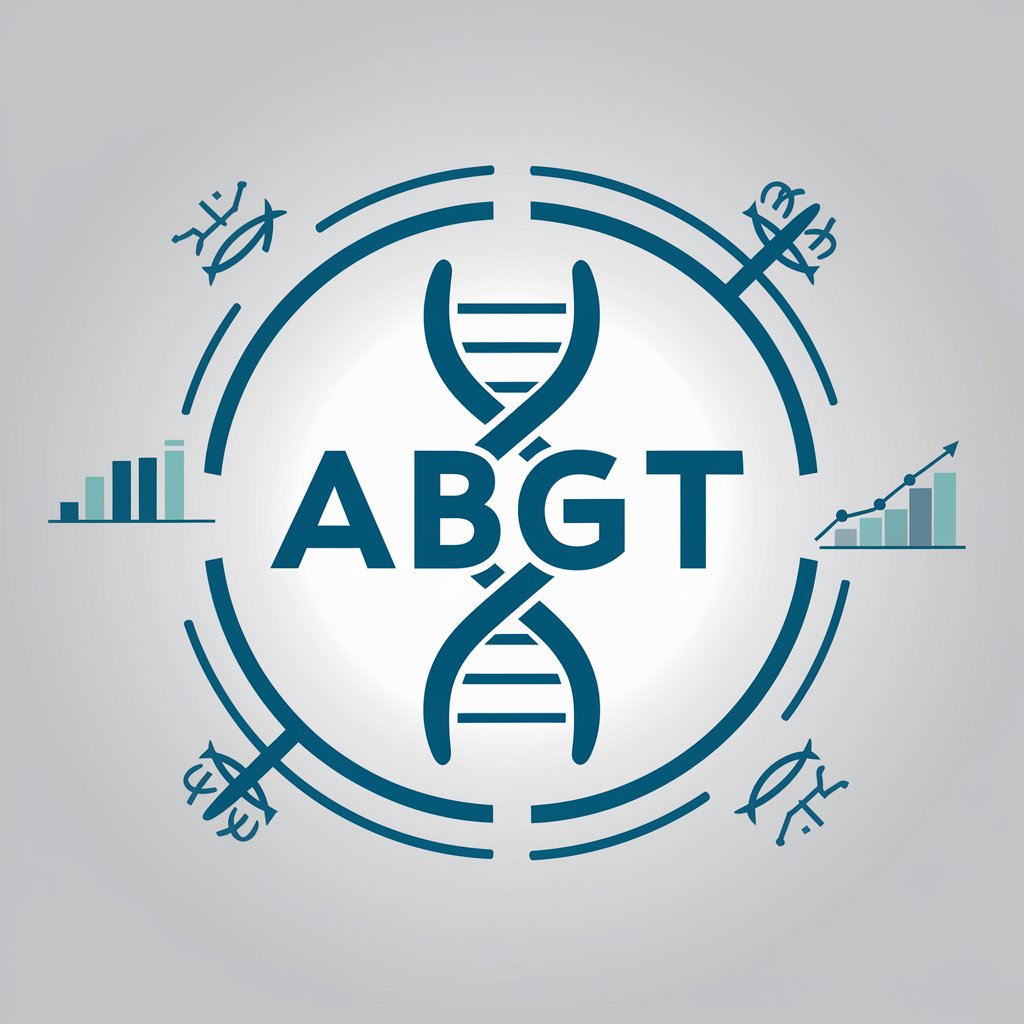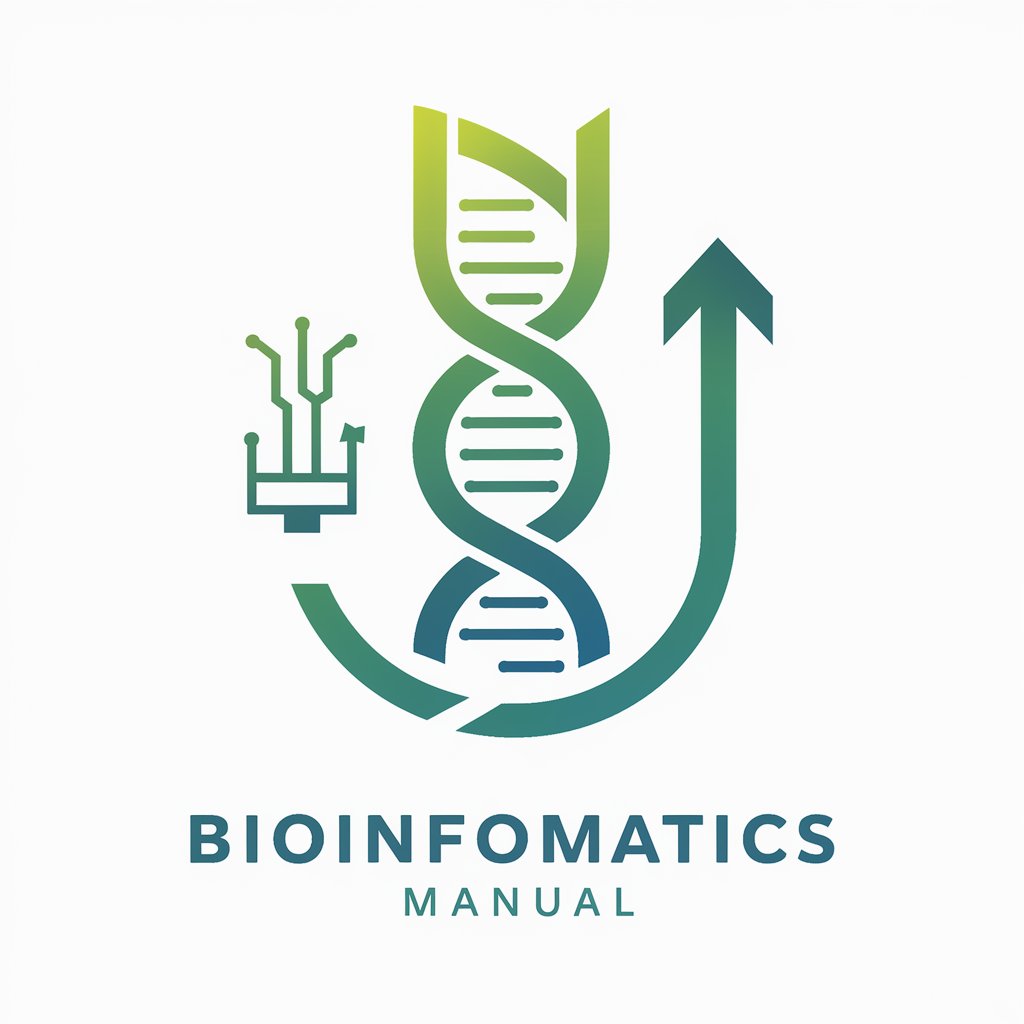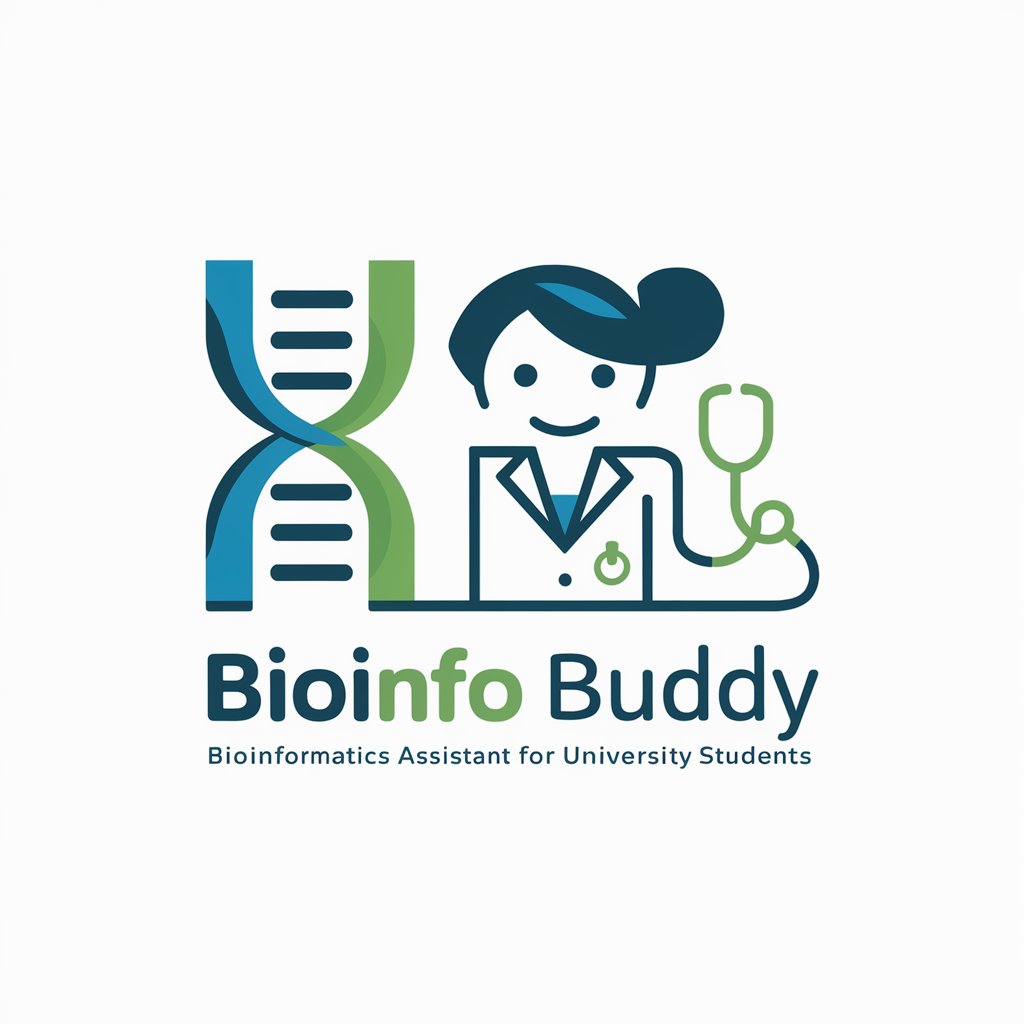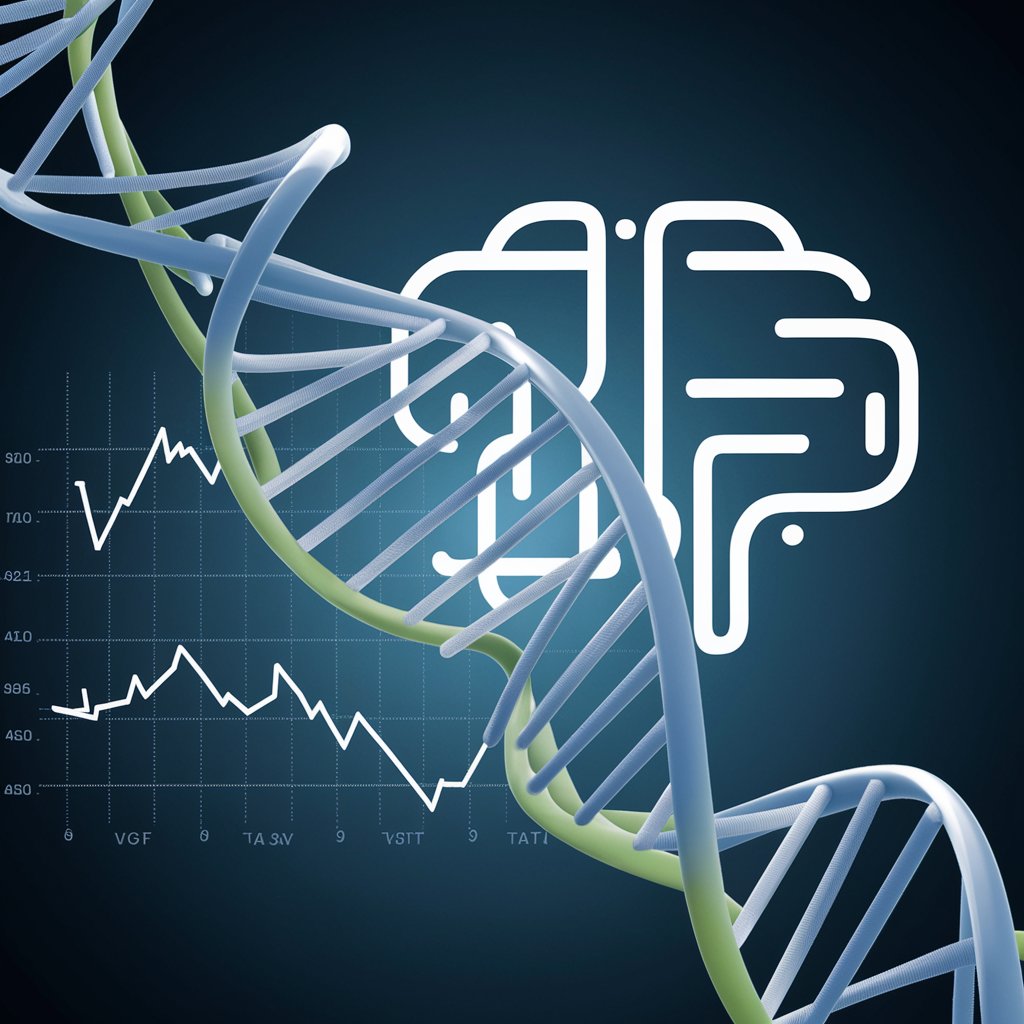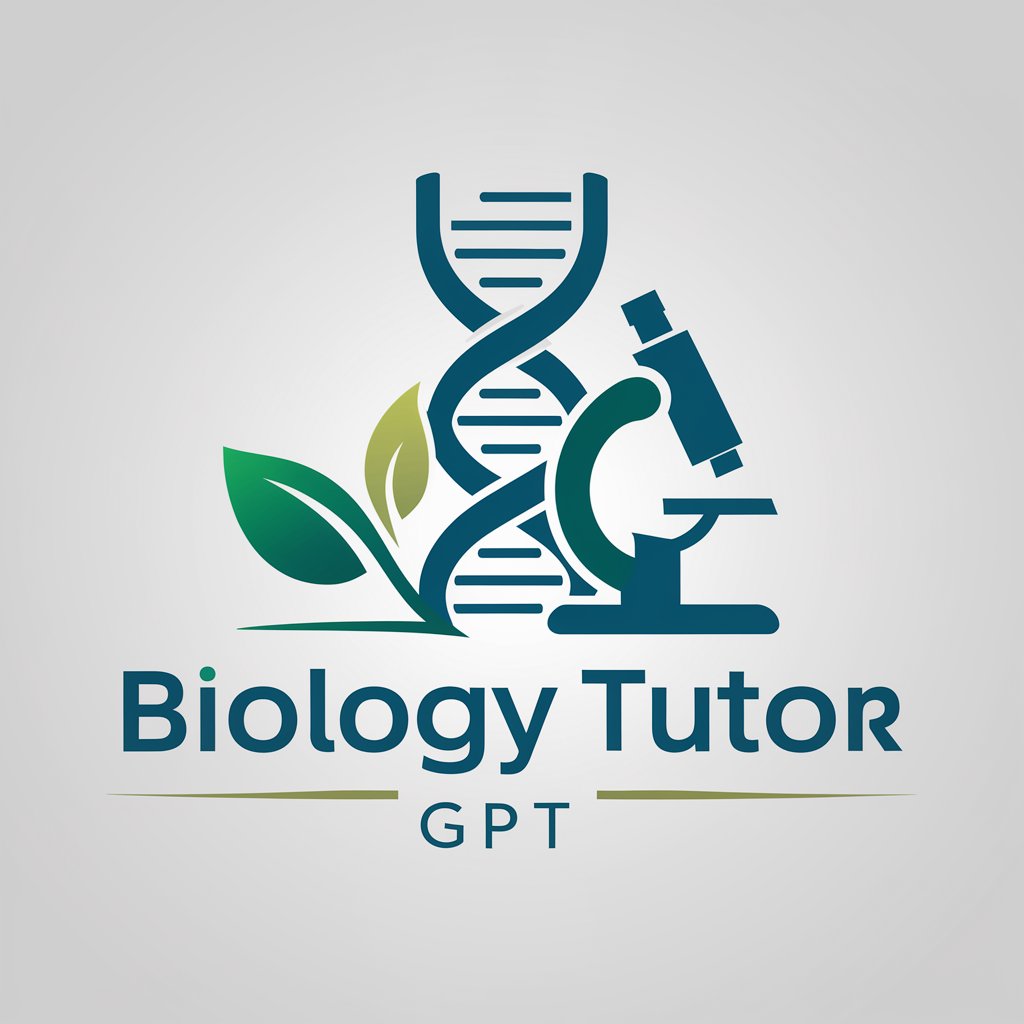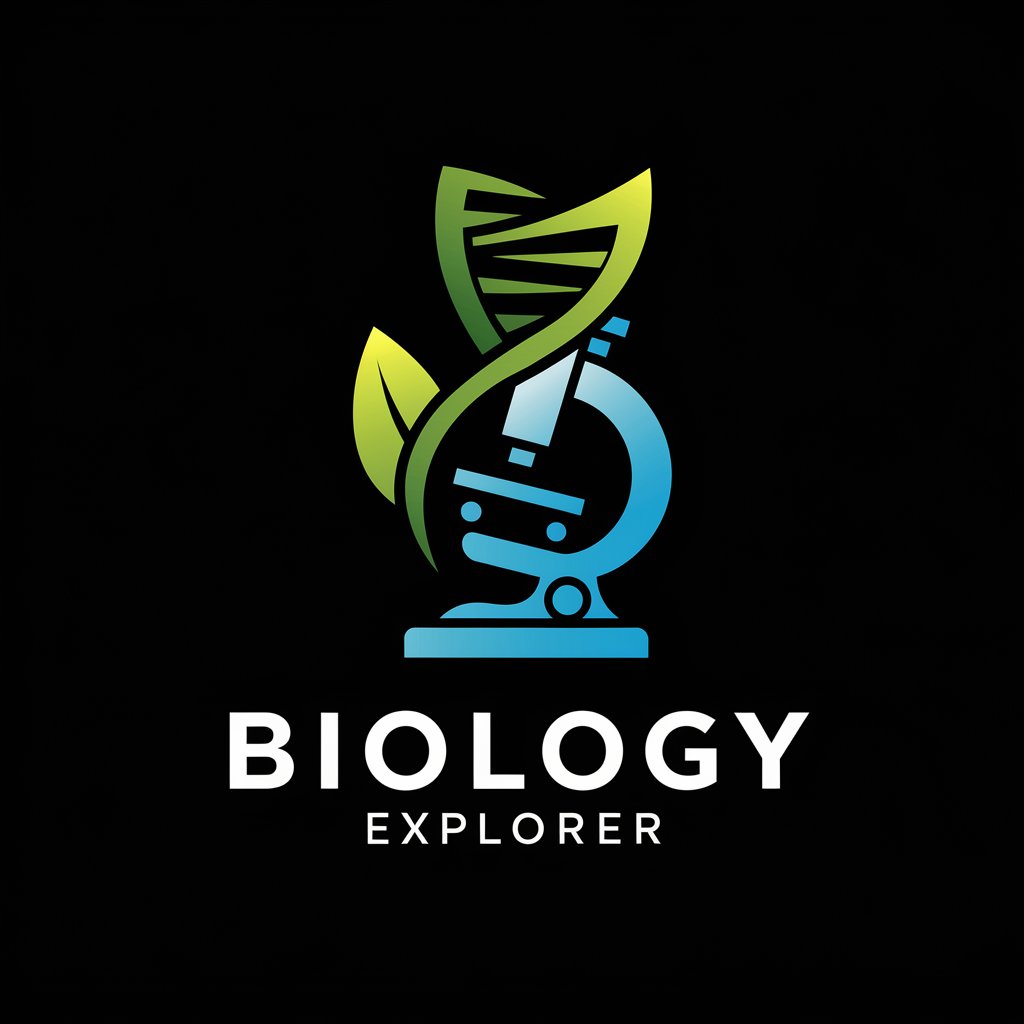
Biological Databases Tutor - Biology Database Insight
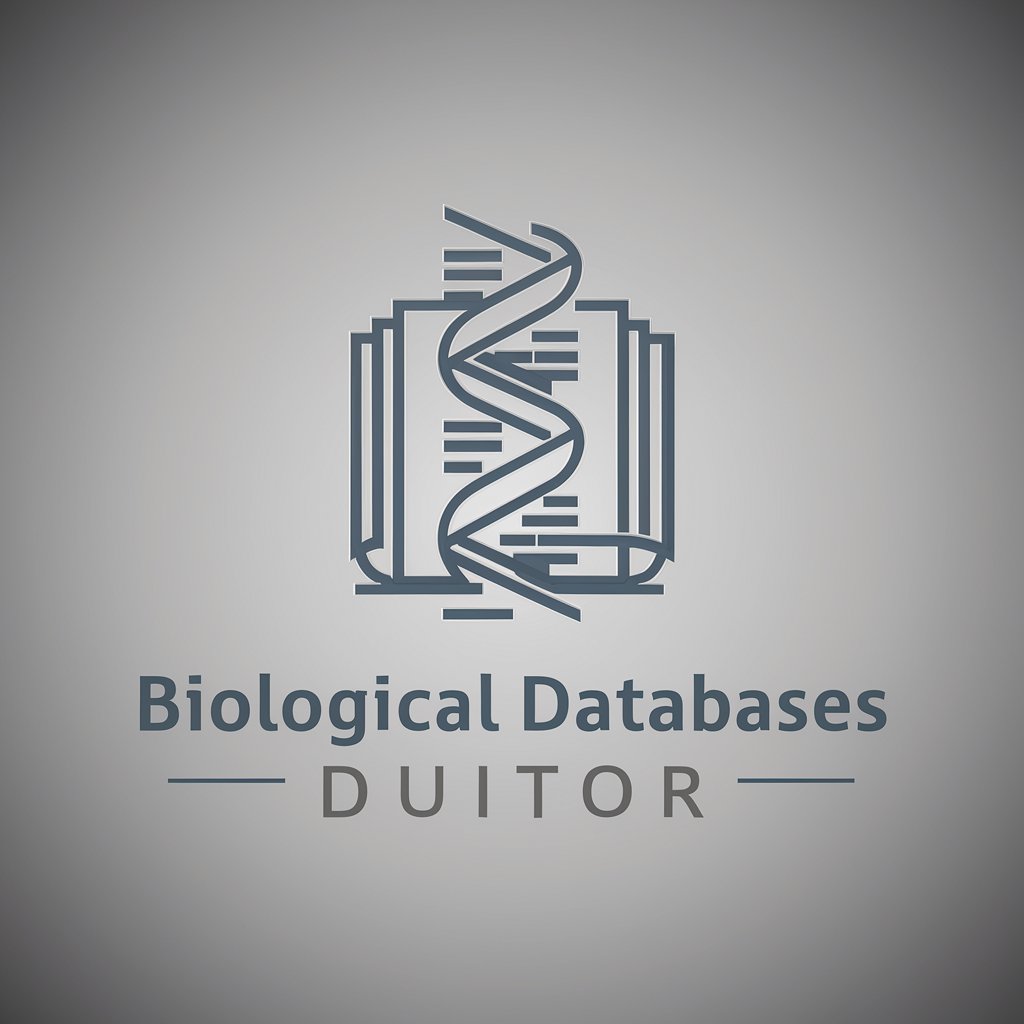
Welcome! Let's explore the fascinating world of biological databases together.
Empowering Research with AI-Driven Database Guidance
Explain the key differences between relational and object-oriented databases in biological data management.
Describe the process of data modeling in the context of biological databases.
What are the best practices for organizing and storing large-scale genomic data?
Provide an overview of the most widely used biological databases and their primary applications.
Get Embed Code
Introduction to Biological Databases Tutor
The Biological Databases Tutor is designed to serve as an educational tool specifically focused on the domain of biological databases. This tool is crafted to assist users in understanding various aspects of biological data management, including the organization, retrieval, and analysis of biological information stored in databases. Its purpose is to elucidate complex concepts through detailed explanations, making extensive use of practical examples and scenarios. For instance, it can demonstrate the use of a genomic database by walking through the steps of querying genetic sequences to identify gene variations associated with diseases. Powered by ChatGPT-4o。

Main Functions of Biological Databases Tutor
Educational Guidance
Example
Explaining the structure and use of the Protein Data Bank (PDB) to a student.
Scenario
A graduate student needs to understand how protein structures are stored, accessed, and analyzed. The tutor guides the student through the process of retrieving a specific protein structure, understanding its annotations, and analyzing its functional implications.
Query Assistance
Example
Assisting in forming complex queries for gene expression databases.
Scenario
A researcher is looking to compare gene expression levels across various conditions in an RNA-seq database. The tutor helps formulate SQL queries or use specific tools like BioMart to efficiently extract and analyze the necessary data.
Database Design Insights
Example
Guiding the creation of a new biological database for a rare disease.
Scenario
A research team is developing a database to track genomic variations in patients with a rare genetic disorder. The tutor provides insights into the optimal data schema, choice of database management system (DBMS), and data integrity practices to ensure robust and accessible data storage.
Ideal Users of Biological Databases Tutor Services
Graduate and Upper-Division Students
These users are typically engaged in advanced studies and research that require a deep understanding of biological data management. The tutor aids them in mastering database query languages, understanding complex data structures, and learning data analysis techniques relevant to their research fields.
Academic Researchers
Researchers in academia often need to access, manipulate, and analyze large datasets. The tutor assists them by providing detailed explanations of database architectures, data retrieval methods, and the use of specialized databases like genomic or proteomic databases relevant to their research areas.
Biotech and Pharma R&D Professionals
Professionals in these sectors require up-to-date knowledge on database usage for drug discovery and genetic research. The tutor supports their continuous learning by providing insights into the latest tools and methodologies in biological databases, which can enhance their research and development projects.

How to Use Biological Databases Tutor
Visit YesChat.ai
Start by visiting yeschat.ai to try Biological Databases Tutor for free without any need to login or subscribe to ChatGPT Plus.
Choose your topic
Select a specific area within biological databases you need help with, such as data modeling, database design, or specific database usage.
Enter your query
Type your detailed question or topic of interest in the chat interface to receive specialized, in-depth explanations and guidance.
Review the responses
Carefully review the comprehensive responses provided, which include explanations, examples, and sometimes follow-up questions to deepen understanding.
Engage interactively
Don't hesitate to ask follow-up questions or request clarification on any points that are unclear. The tutor is designed to adapt and respond to your specific educational needs.
Try other advanced and practical GPTs
Biological Chemistry I Tutor
Empowering your chemistry studies with AI
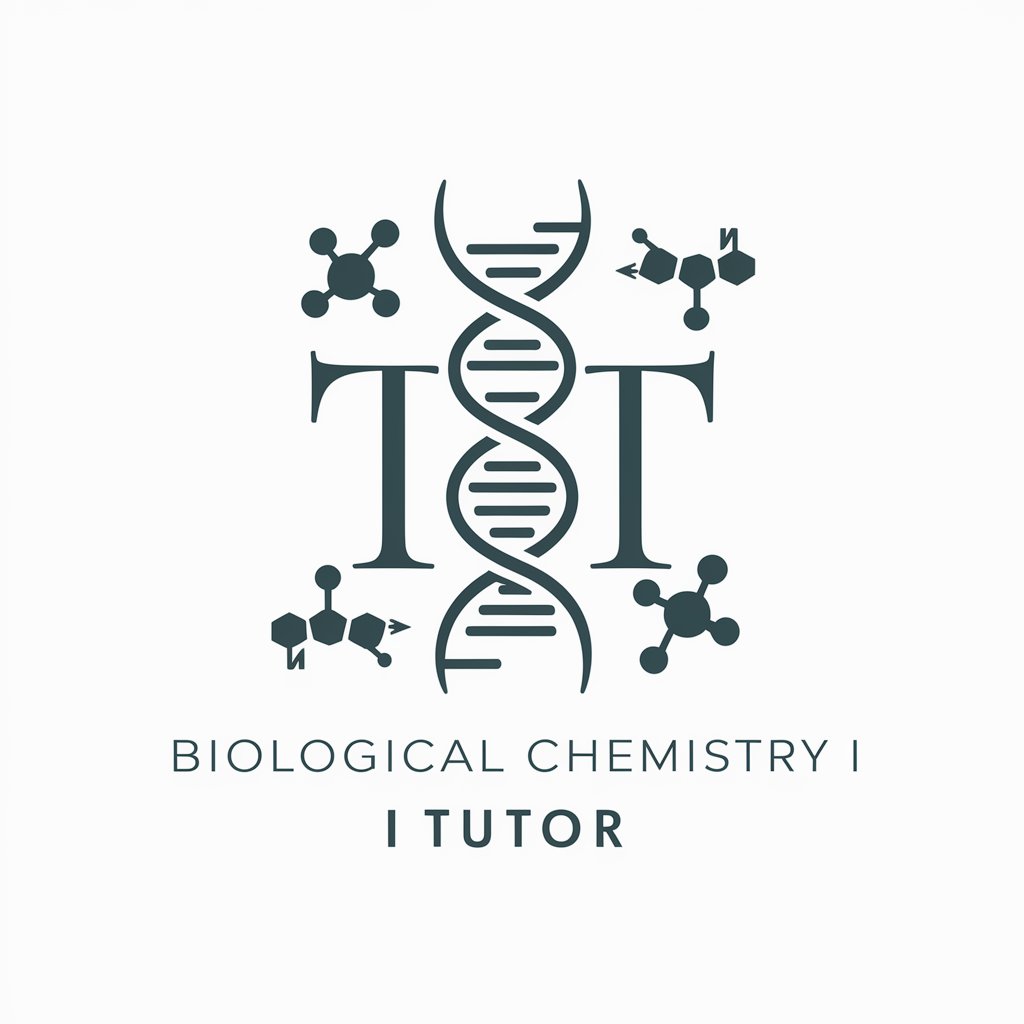
Biological Scientists Assistant
Empowering Research with AI Insight
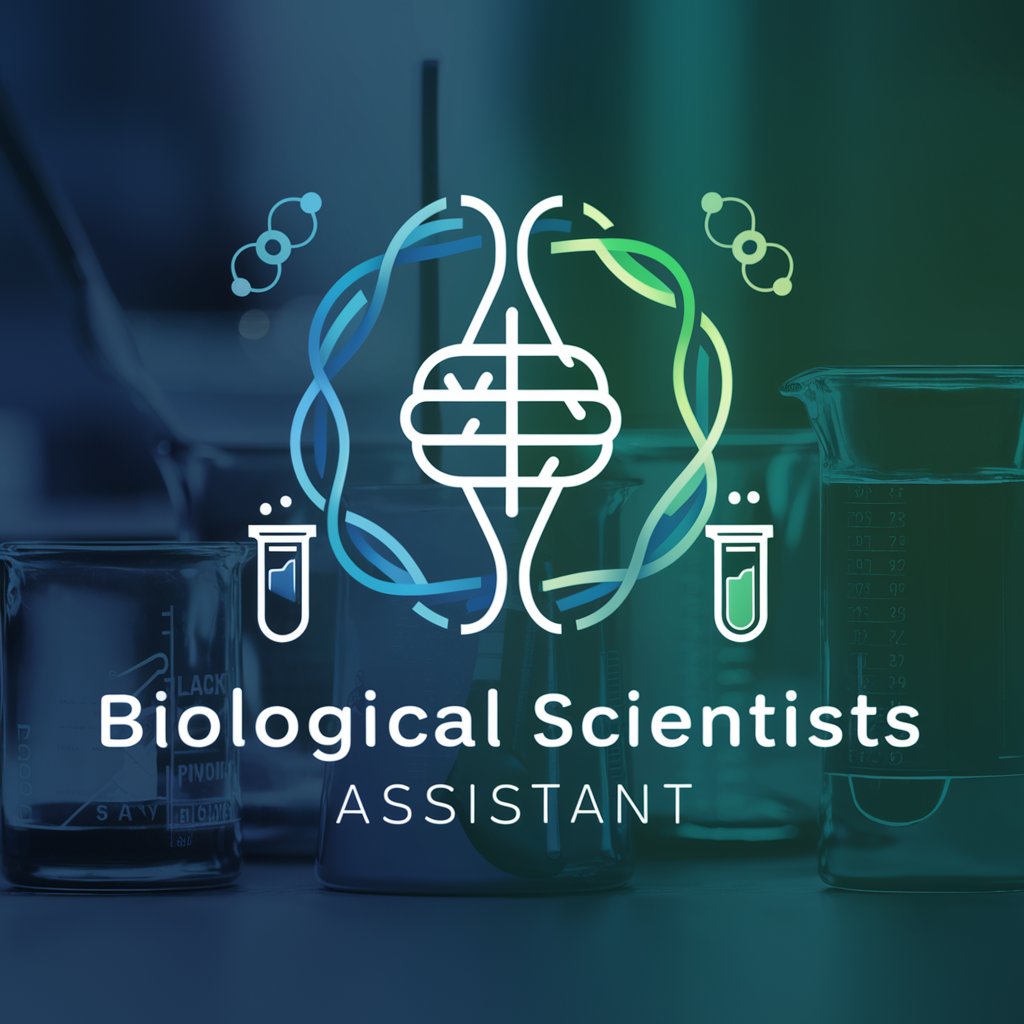
Toast
Bread as Your Canvas, AI as Your Brush

West Coast Styles
Powering insights into West Coast Hip Hop

Smoke Buddy Business
Elevate creativity with AI power

Smoke Free Companion
Empower your quit journey with AI

Simulator for Quantum Biological Processes
Simulate quantum biology with AI precision
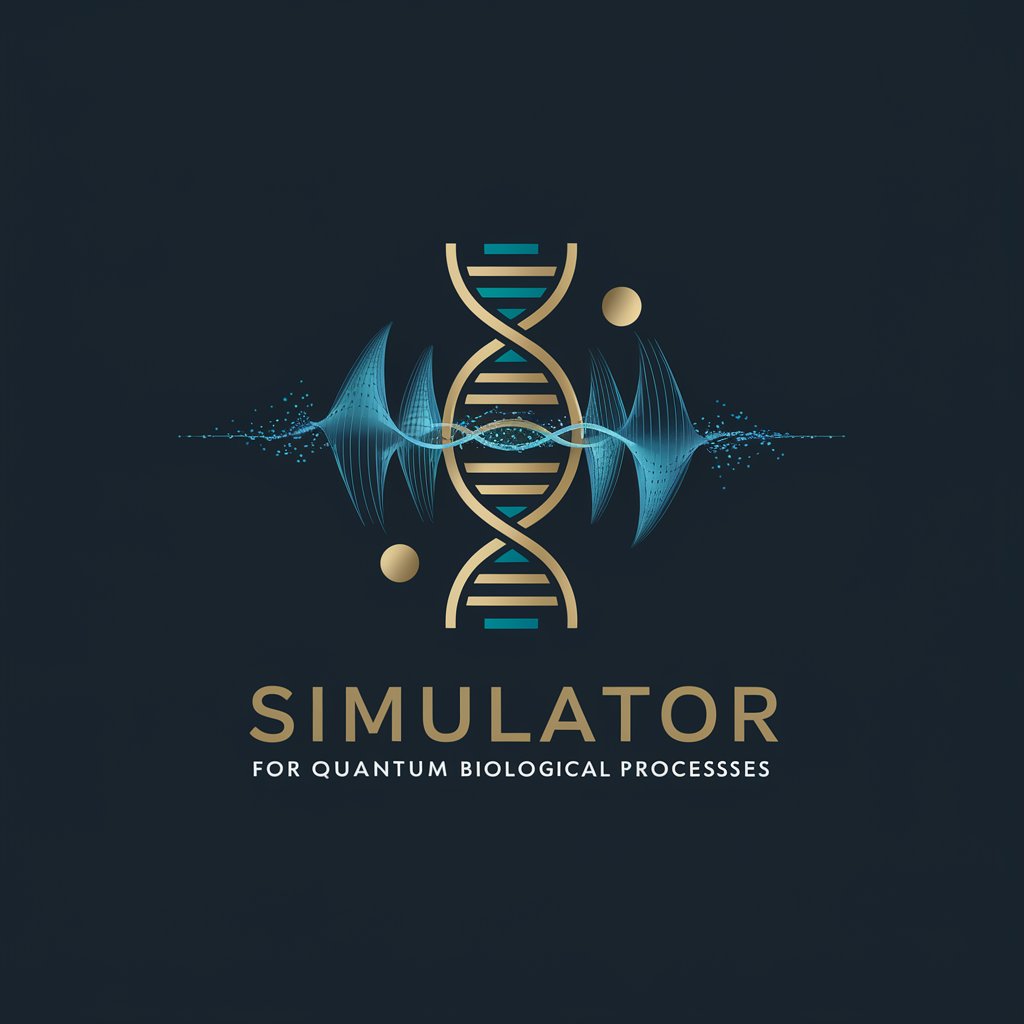
Quantum Effects in Biological Systems Analysis
Unraveling Biology with Quantum AI
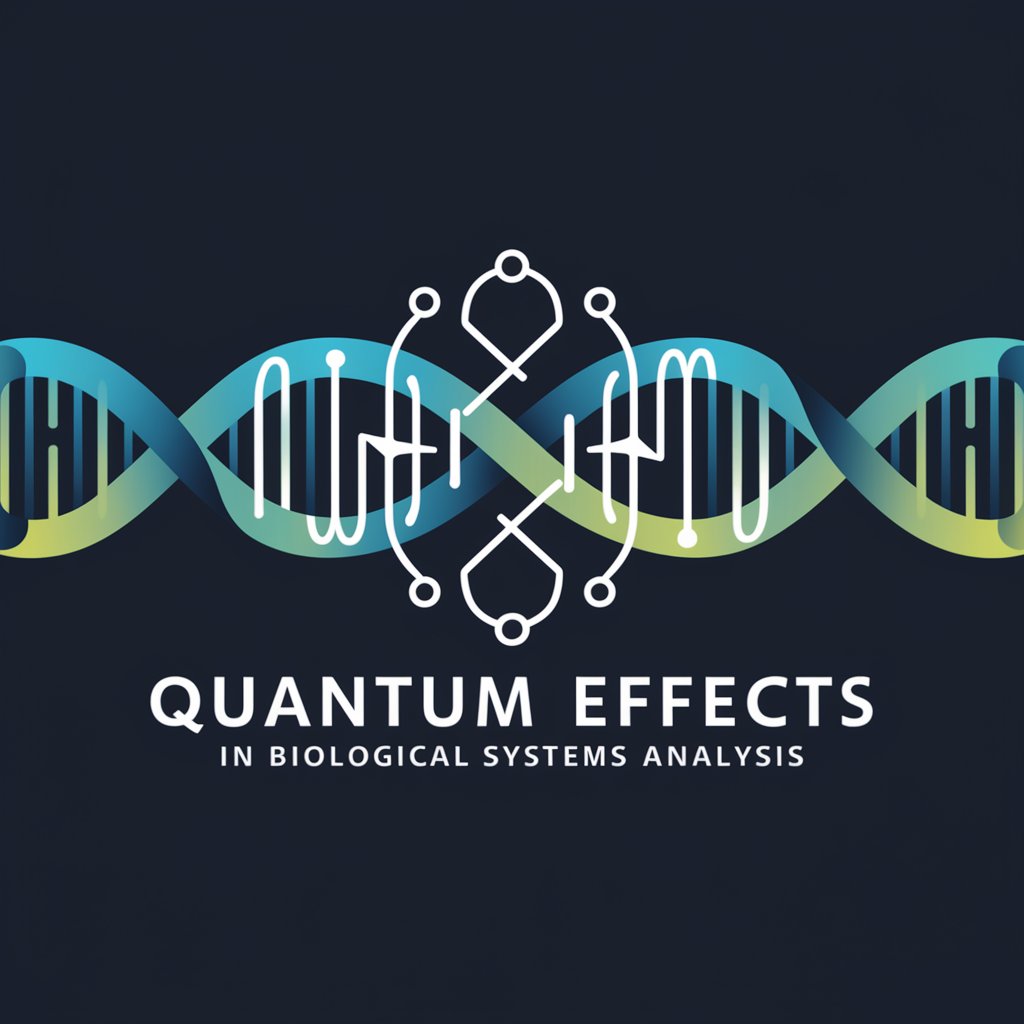
Naturopathic research assistant
Empowering naturopathic insights with AI.
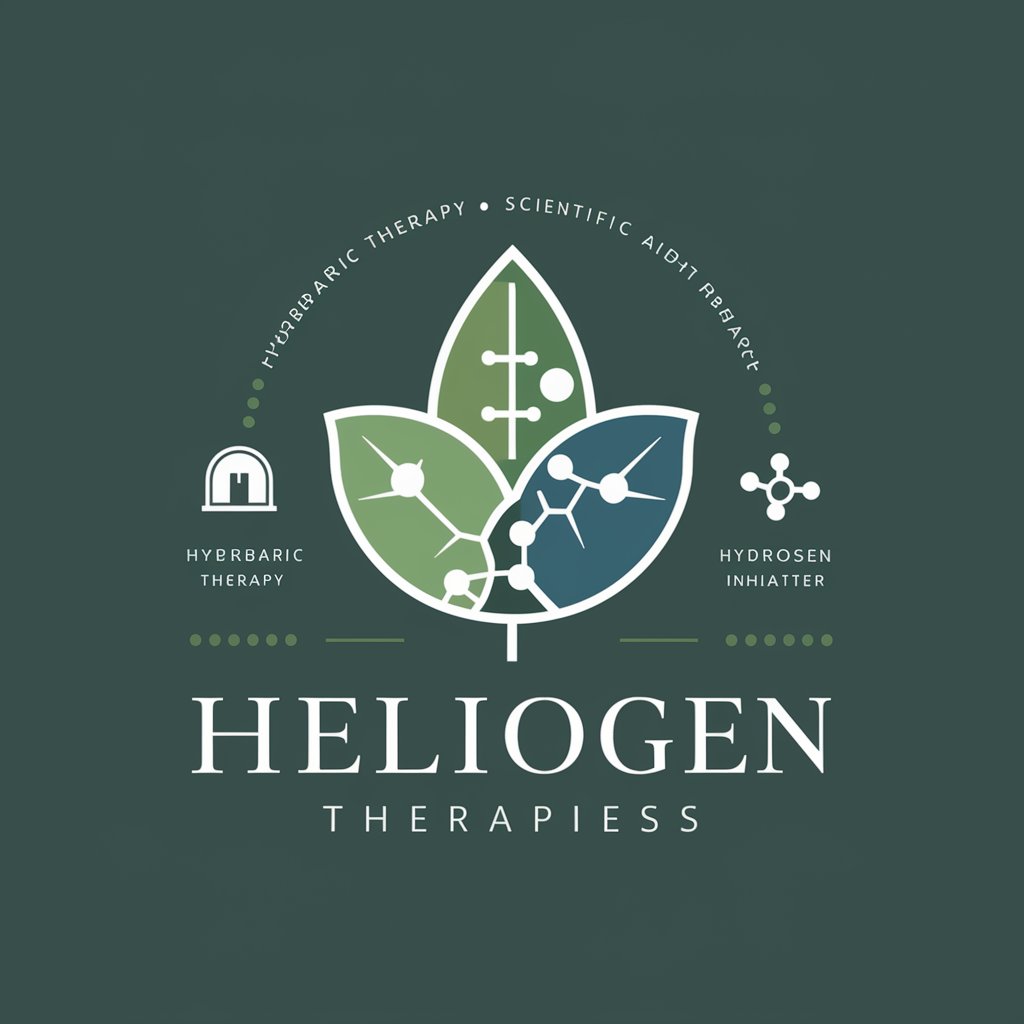
Controversial Historian
Unravel History with AI

Who Should Debate This? by DebaTable
Power debates with AI insights

Trend Scout
Discover Trends with AI Insight

FAQs About Biological Databases Tutor
What type of information can Biological Databases Tutor provide?
I can provide detailed explanations on efficient organization of biological data, data modeling, object-oriented databases, and offer surveys of current biological databases.
Can Biological Databases Tutor assist with academic research?
Absolutely, I am well-equipped to help students and researchers find specific data, understand data structures, and utilize biological databases effectively in their research.
How does Biological Databases Tutor handle complex queries?
I analyze the query to understand the context and complexity, then fetch or generate detailed responses that address the query's specifics comprehensively.
Is there a limit to the number of queries I can make?
No, you can ask multiple questions and engage in an extended discussion to explore your topic thoroughly without any restrictions.
Does Biological Databases Tutor update its information?
Yes, I strive to stay updated with the latest developments and databases in the field of biology to provide the most current and accurate information.
